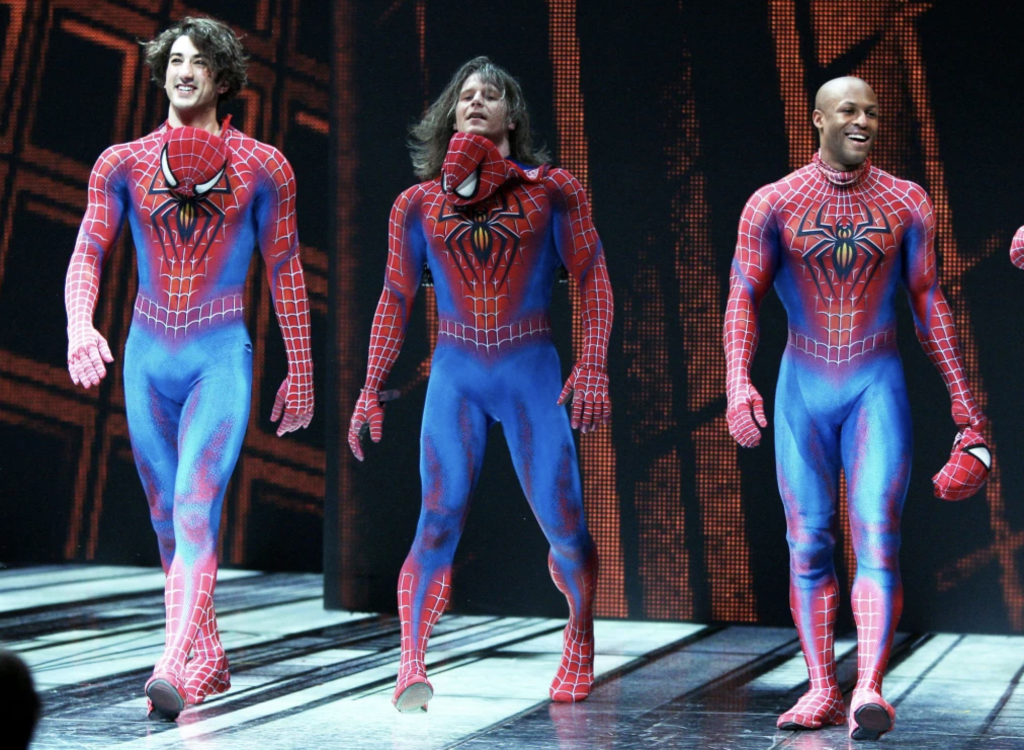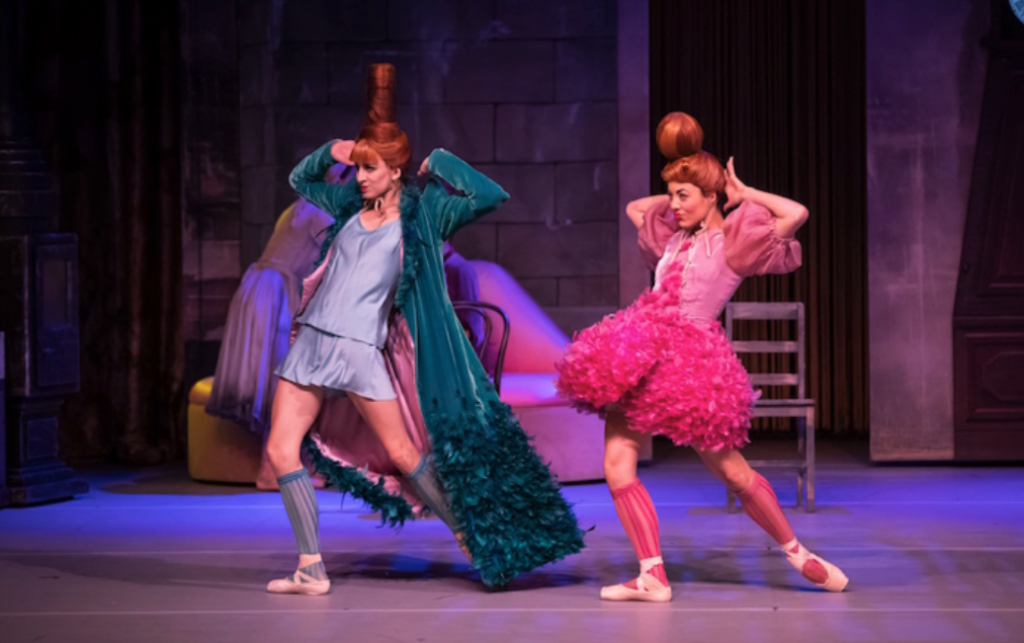
Page to Stage: Why did the Spiderman musical crash?
“Spider-Man: Turn Off the Dark” was one of the most anticipated Broadway musicals of all time, but it failed to live up to the expectations of both audiences and critics. While the show had some impressive visual effects and acrobatics, it was plagued by a multitude of issues that ultimately led to its downfall.
One of the biggest issues with the musical was its troubled production history. The show was originally directed by Julie Taymor, who had a unique vision for the production. However, Taymor’s approach was met with resistance from the show’s producers, who wanted a more commercially viable product. This led to numerous creative differences, delays, and even legal battles that stretched the production process to an unprecedented length of time.
Furthermore, the production was plagued by technical difficulties that compromised the safety of the performers. During the show’s previews, several actors were injured in accidents, which forced the producers to delay the official opening of the show. These incidents not only caused harm to the cast and crew but also contributed to the negative buzz surrounding the production.
Another factor that contributed to the failure of “Spider-Man: Turn Off the Dark” was the quality of its music and lyrics. The show’s score was composed by Bono and The Edge, two of the biggest names in music, but it failed to produce any memorable songs that resonated with audiences. The lyrics were often convoluted and failed to capture the essence of the story, which left many audience members confused.
Finally, the show’s high production costs were also a contributing factor in its lack of success. “Spider-Man: Turn Off the Dark” was one of the most expensive Broadway productions of all time, with a budget of over $75 million. While the show’s producers may have hoped that its high production values would attract audiences, the exorbitant costs ultimately made it harder for the show to turn a profit.
“Spider-Man: Turn Off the Dark” was a perfect example of how a highly anticipated production can fail to meet expectations. Despite its talented cast, impressive visual effects, and popular source material, the show was ultimately unable to overcome its numerous issues, including a troubled production history, technical difficulties, poor music and lyrics, and high production costs. It serves as a cautionary tale for future Broadway productions that should strive to strike a balance between artistic vision, financial viability, and audience appeal.






